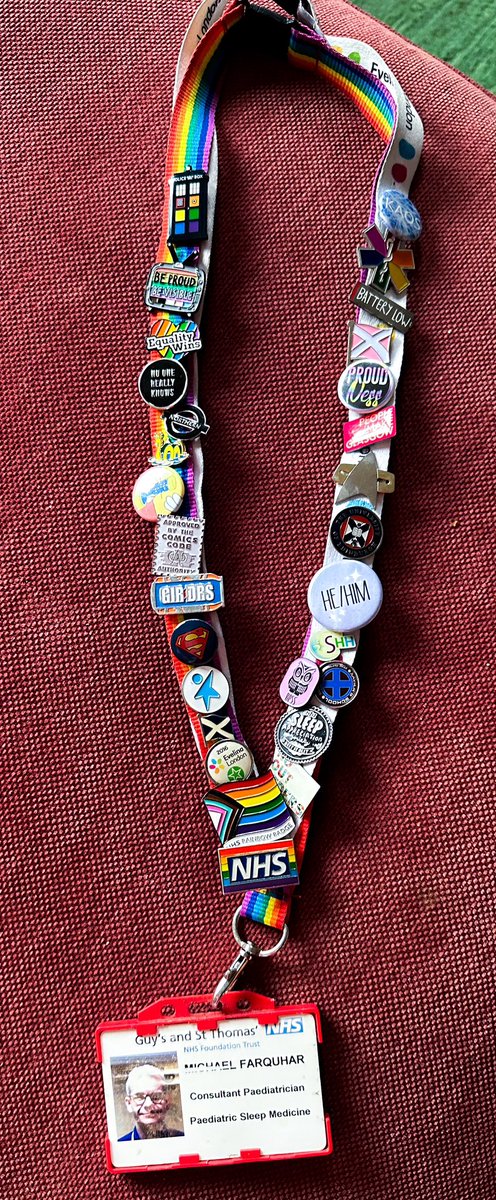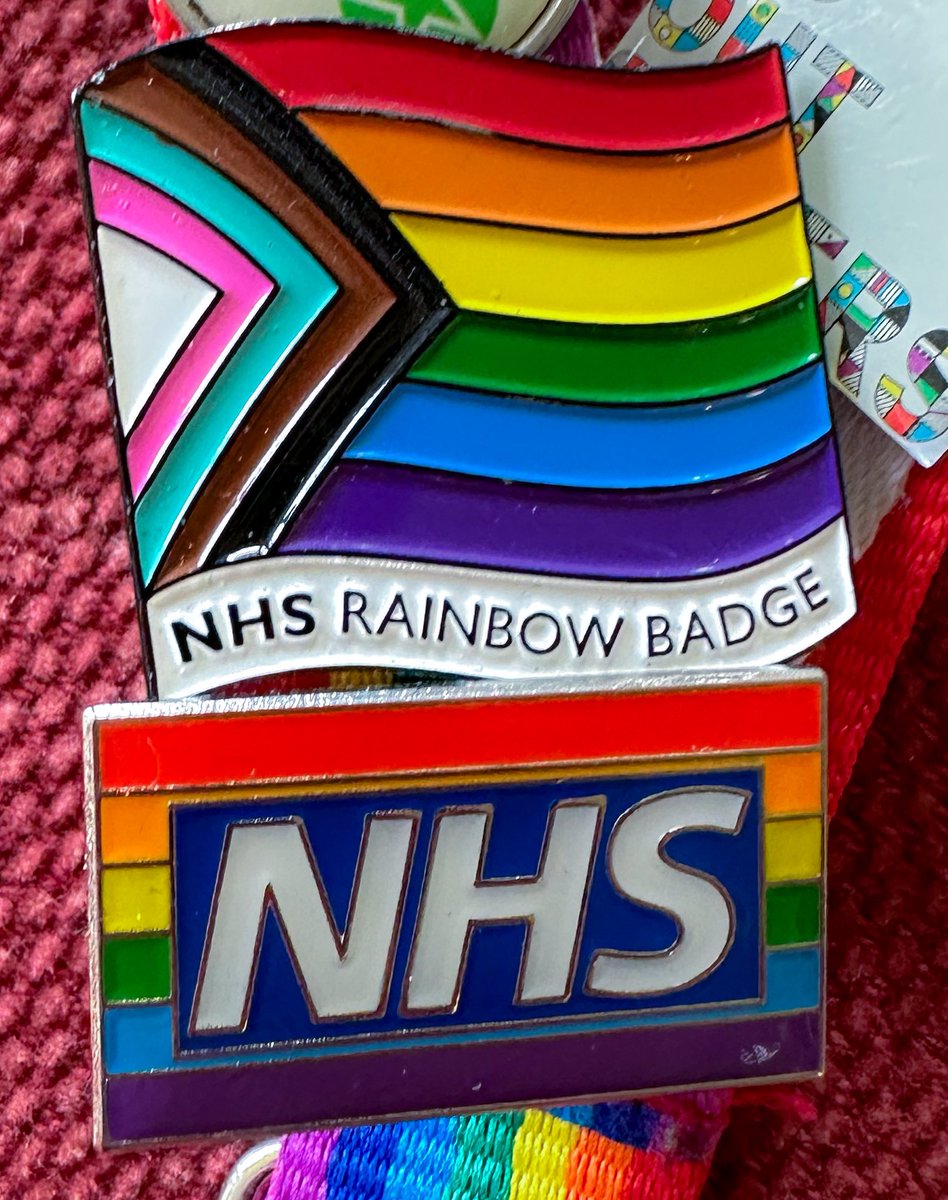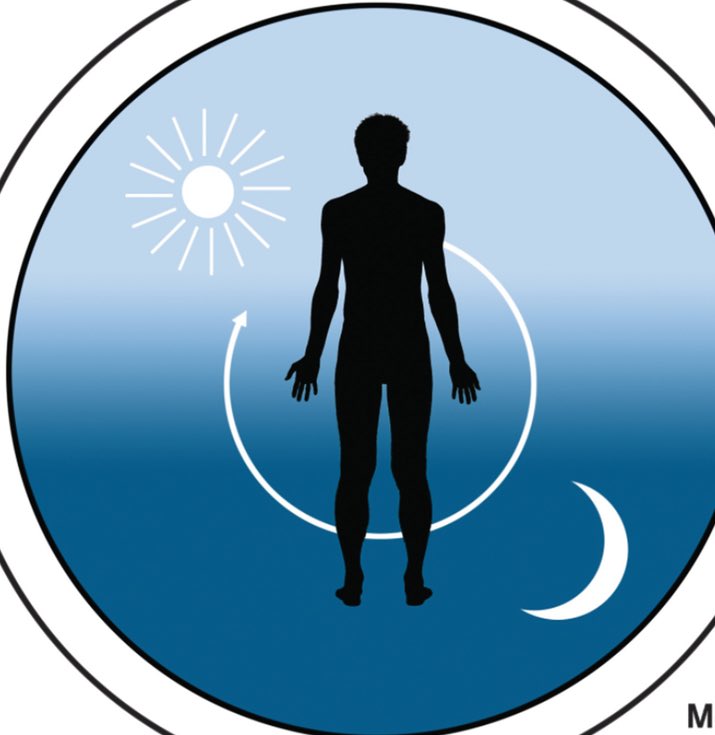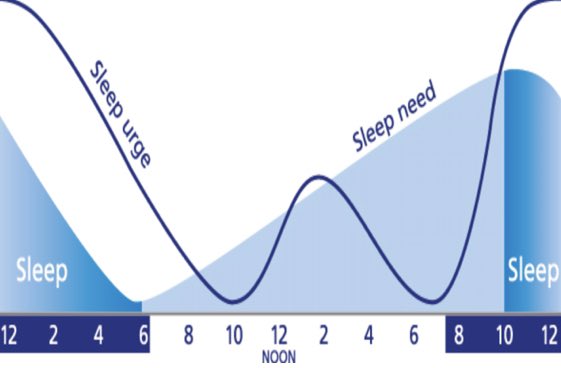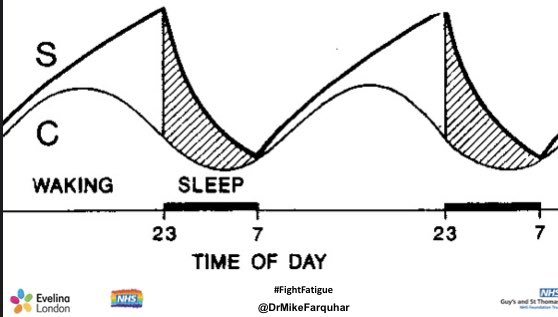My name’s Mike Farquhar. I’m a consultant paediatrician, specialising in sleep medicine
I have a couple of professional side-interests in parallel to my main job
One is the impact of shiftwork and sleep deprivation on NHS staff
The other is around advocating for LGBT+ people

I have a couple of professional side-interests in parallel to my main job
One is the impact of shiftwork and sleep deprivation on NHS staff
The other is around advocating for LGBT+ people


I’ve spoken often about what I’m about to speak about again here; much of the content comes from a plenary talk I gave @RCPCHtweets 2019 Conference
But, for reasons that’ll hopefully become clear, I think it’s important to restate some of this yet again
twitter.com/i/events/11327…
But, for reasons that’ll hopefully become clear, I think it’s important to restate some of this yet again
twitter.com/i/events/11327…
I came out late in life; I grew up in this country at a time when the idea of being gay was viewed with a huge degree of negativity and hostility
At the time that I was realising I was gay, the prevailing cultural idea was that gay men were a threat, specifically to children
At the time that I was realising I was gay, the prevailing cultural idea was that gay men were a threat, specifically to children

Powerful voices, including the then Prime Minister, made it clear that homosexuality was something to be seen with concern and suspicion; that children and young people should not be affirmed if they said they were gay, and to do so would “cheat them of a sound start in life” 

Those attitudes were enshrined in law
The “promotion” of homosexuality in schools was made illegal
Schools were forbidden to teach homosexuality was acceptable, and the law described homosexual relationships as “pretended”
The “promotion” of homosexuality in schools was made illegal
Schools were forbidden to teach homosexuality was acceptable, and the law described homosexual relationships as “pretended”

The message, from the Prime Minister down, codified in law, was that being gay was wrong, it was harmful, immoral, that gay men were a threat to others (specifically children), that diseases like AIDS were the consequence of a “lifestyle” that was seen as sinful and wrong 







Daily Mirror, 1991, after Freddie Mercury died: “For his kind, AIDS is a form of suicide”
Daily Mail, 1993: “abortion hope after gay genes found”
Boris Johnson, 1998: “tank-topped bum boys”
In my teens/20s it was still seen as acceptable to talk about people like me like this



Daily Mail, 1993: “abortion hope after gay genes found”
Boris Johnson, 1998: “tank-topped bum boys”
In my teens/20s it was still seen as acceptable to talk about people like me like this




If you’re a young person realising they are gay, growing up with that political and cultural attitude around you causes harm
It makes you afraid, makes you scared to speak about how you think and feel, internalises all of that negative emotion - and that has consequences

It makes you afraid, makes you scared to speak about how you think and feel, internalises all of that negative emotion - and that has consequences


We know that growing up in the 80s/90s caused harm to huge numbers of LGBT+ people
The story of the damage it causes is literally told by scars on my body
BUT
Thatcher was wrong
Section 28 was wrong
The papers were wrong
The churches were wrong
The prevailing attitude was wrong
The story of the damage it causes is literally told by scars on my body
BUT
Thatcher was wrong
Section 28 was wrong
The papers were wrong
The churches were wrong
The prevailing attitude was wrong

Just because powerful voices say something, just because the media echo and amplify, just because official voices prevaricate or pontificate, it doesn’t mean they’re right
What I needed more than anything as a kid growing up was to hear the voices of those standing in opposition



What I needed more than anything as a kid growing up was to hear the voices of those standing in opposition




The attitude towards trans people in this country today is hostile, driven by ignorance, often by bigotry and by a determination by some to portray all trans people as a threat, to individuals and to society 

Just as in the 80s gay men were caricatured as being a threat to children, much of the public discourse about trans people today is filtered through a lens of concern about trans people being a threat to others
If individuals commit offences they should be prosecuted, whoever they are
We must not demonise an entire group of people because of an inflated sense of perceived threat by some
Trans people just want to be themselves and to live as safely and happily as they can
We must not demonise an entire group of people because of an inflated sense of perceived threat by some
Trans people just want to be themselves and to live as safely and happily as they can
When prominent voices in media and politics amplify ignorant, outdated and wrong ideas about trans people, harm ripples out and gathers the strength of a tsunami
It makes trans people, especially young people, feel isolated, scared, makes them turn inward
It makes trans people, especially young people, feel isolated, scared, makes them turn inward

We know that as a consequence trans young people are at significant risk of harm to their mental health, to self harm, and to attempt suicide
Those young people need to hear voices around them challenging those who amplify those hostile attitudes, need to be able to feel safe
Those young people need to hear voices around them challenging those who amplify those hostile attitudes, need to be able to feel safe

So, this matters 
https://twitter.com/EmmaWatson/status/1270827488915214338

And this matters
https://twitter.com/TrevorProject/status/1270166096583159808
As paediatricians, I think one of our most important responsibilities is to give voice to children/young people where they themselves find it hard to speak up and be heard
We know having just one supportive adult in their corner can make a world of difference to LGBT+ teens
We know having just one supportive adult in their corner can make a world of difference to LGBT+ teens
https://twitter.com/TrevorProject/status/1270469474689449985
And this absolutely matters
https://twitter.com/RCPCHtweets/status/1271427454486396928
We have a responsibility to educate ourselves, to be aware of the issues, and to be able to clearly advocate on behalf of young people who absolutely need us to be an ally
thetrevorproject.org/resources/guid…
thetrevorproject.org/resources/guid…
I run an adolescent sleep clinic
If you’re trans, your chance of having disrupted sleep also goes up significantly; sleep is often affected when dealing with stresses and worries
I talk to trans teens, and their families
I hear their stories, do my best to understand and help
If you’re trans, your chance of having disrupted sleep also goes up significantly; sleep is often affected when dealing with stresses and worries
I talk to trans teens, and their families
I hear their stories, do my best to understand and help
Please listen to the voices of trans and gender-diverse people themselves, don’t just listen to people speaking about them
Here’s some places to start:



Here’s some places to start:




So, as a cis gay man, I stand with my trans siblings #Pride
As a paediatrician, I stand with trans young people who need to be seen, need to be heard, and who need voices to advocate for and with them
I think that’s needed more than ever
As a paediatrician, I stand with trans young people who need to be seen, need to be heard, and who need voices to advocate for and with them
I think that’s needed more than ever
That’s where @RainbowNHSBadge came from
Kids like I was need people to listen, to understand, who will help and be a voice when they’re too scared to find it for themself
LGBT+ young people today need *us* to be those people, to make #TinyChanges that start to make a difference
Kids like I was need people to listen, to understand, who will help and be a voice when they’re too scared to find it for themself
LGBT+ young people today need *us* to be those people, to make #TinyChanges that start to make a difference

• • •
Missing some Tweet in this thread? You can try to
force a refresh



